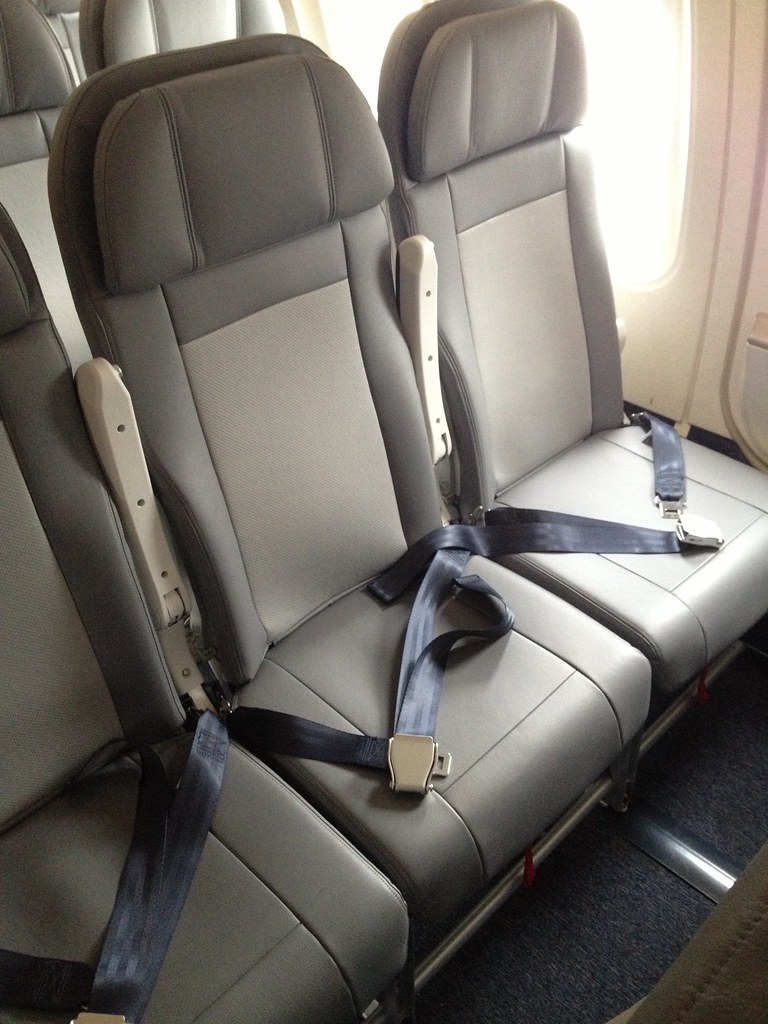The New York Times posted an article titled, “Avoiding the Dreaded Middle Seat May Now Cost You” and it is a pretty accurate depiction of the landscape of commercial air travel. Most major U.S. airlines will soon have a “basic” economy fare that is essentially only the price for a seat on a plane between origin and destination. No other benefits. Want to check a bag? That’s $50. Want to select a seat? That’s $15-30 depending on the route. Want that seat to be an aisle? That’s another $10.

Some would argue that the unbundling of airfare into different components is good for the consumer because they can purchase just the items they want for the trip and save money. But that would imply that the different services airlines provide, seat selection, baggage handling, etc. are things that are completely unrelated, which is far from the truth. When you travel you need a seat and you might need to check a bag. Neither of these is a cost that is unaccounted for by the airlines. They are going to have to handle cargo/bags/mail whether you fly or not. A seat selection, in simple terms, does not cost the airline money. This is the illusion of unbundling. Yeah, if you and your family do not mind sitting in random middle seats around the plane, you will probably save a few dollars. But, if you don’t want your mother seated at the rear of the plane while you’re ten rows up, that’s going to cost you. This is the illusion of cost savings. Sure you might save $100 in airfare but as soon as you check a bag or select seats that cost savings dwindles and it is hard to tell where the equilibrium is between that “basic” economy fare and the regular fare that would have included the items you paid for. If you do not check bags, travel with family, or care where you sit, then unbundled fares are probably for you.
There is also the illusion that unbundling items from airfare will keep the airfare low. Well, that would go against the basic argument of unbundling, which is that the airfare and the ancillary items can act independently of each other. So, if the airlines decide that $60B in ancillary fees is not enough, they can adjust those prices, leaving airfare untouched. Or, they can manipulate airfare to fit a market and leave the ancillary fees alone. I am not against the airlines making money but it is disingenuous to paint the unbundled fares as “saving customers money” when the basic facts point to the scheme as being solely about revenue generation. And that’s fine, airlines are businesses, they are supposed to make money. Just don’t promote a revenue generation tool as mystical cost savings awesomeness, because for a lot of people, it means they will be sitting in a middle seat, delayed at LaGuardia.
